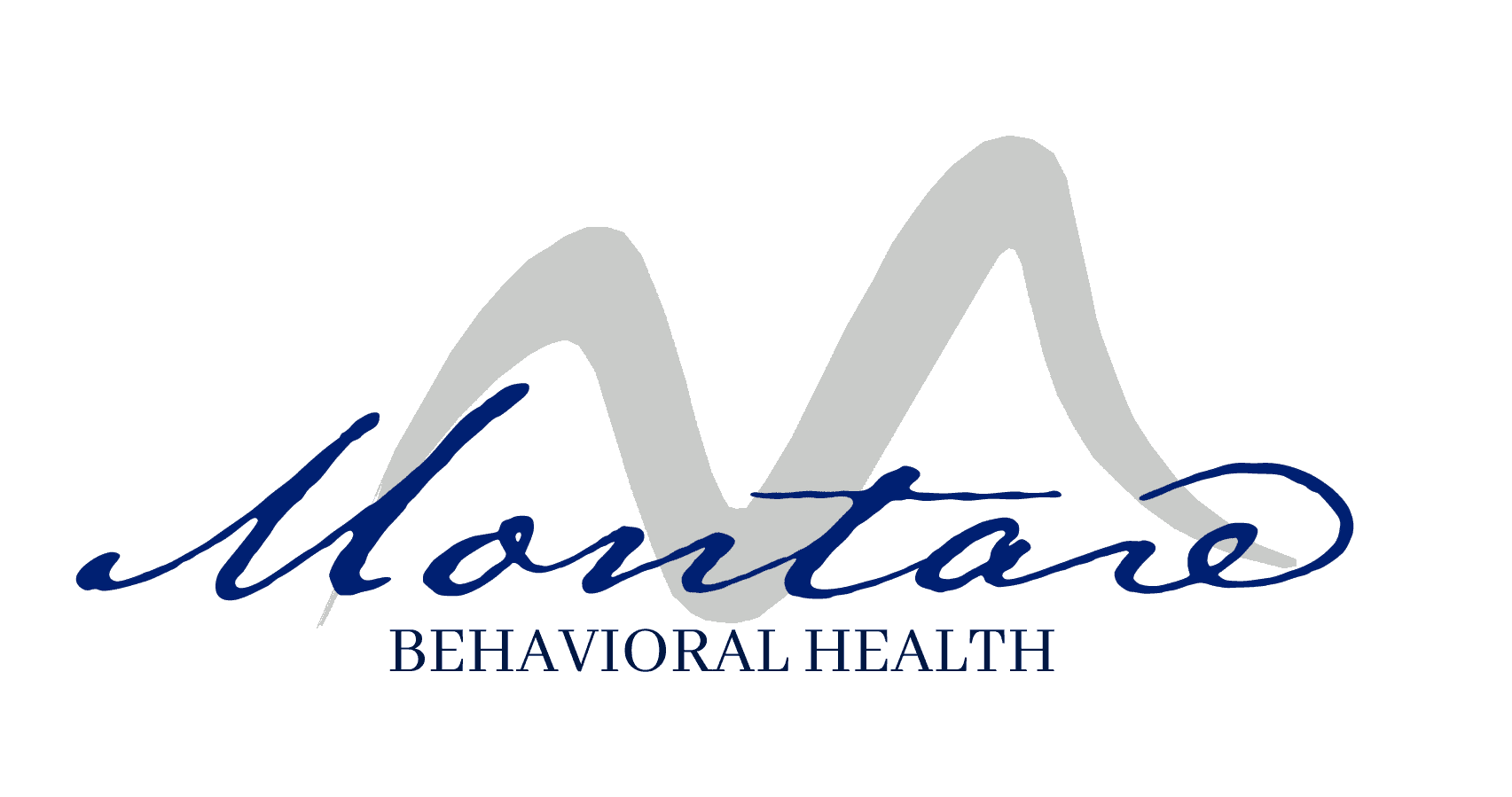While medication helps many people, using DBT for anxiety can provide the extra boost needed to elevate their ability to experience fewer symptoms. If you are new to treatment for anxiety or have been receiving care for it for a long time, using DBT may be a real game-changer.
Montare Behavioral Health of Tucson provides world-class treatment for a variety of mental health disorders. Our staff stays up-to-date on the most effective methods for treating anxiety. We employ therapists trained to provide DBT and other effective therapeutic modalities to help ease your symptoms of anxiety. With the guidance of our skilled and compassionate team, you can learn to live a life with less anxiety and more control.
What Does DBT Stand for?
DBT stands for Dialectical Behavior Therapy. It’s a commonly used type of talk therapy that treats a variety of mental health disorders. It was originally modified from Cognitive Behavioral Therapy (CBT) and used to help treat people with borderline personality disorder. DBT for anxiety proves helpful for many people because it gets to the heart of what can make anxiety so difficult to sort through.
“Dialectical”, as used in the term DBT, means the act of learning to understand how two seemingly opposite things, such as emotions and thoughts, can both be true. DBT for anxiety often begins with introducing the individual to the concept that they can accept themselves just as they are but also work towards changing parts of who they are. This philosophy continues throughout DBT treatment, which allows the person to accept themselves at each level of change while also planning for further changes that provide them with optimum healing of their mental health
The Science Behind DBT
People with anxiety are racked with negative thoughts and emotions. They often build up a great deal of fear before an event happens and then feel incapable of dealing with it. DBT for anxiety helps people separate their negative emotions that lead to pessimistic thoughts. The therapist helps the individual take a more balanced look at their negative emotions and separate themselves from them. With time, they learn to quiet the inner voice that berates them and begin to enjoy more positive self-speak.
Quality therapy can actually transform the brain’s neurobiology. DBT has the ability to change a person’s brain in a positive way by remapping the way neurons connect. The benefits of DBT last long past when therapy concludes.
How Does DBT Treat Anxiety?
When someone begins DBT for anxiety, they will go through four specific steps for this therapy. They include:
Mindfulness: This teaches the individual to live in the present. They observe and acknowledge their feelings, thoughts, and surroundings without attaching judgment to them.
Distress Tolerance: Emotions and situations that used to feel overwhelming and cause great anxiety can now be tolerated with less stress. The person learns they can endure distress without using negative coping mechanisms.
Interpersonal Effectiveness: This phase helps people develop healthier relationships with partners, family, and friends. They communicate better and learn to set boundaries and respect those set by others.
Emotional Regulation: This part of DBT helps a person learn to manage and regulate their emotions. When they no longer feel a constant sense of being overwhelmed, they gain control of their emotions and feel less anxiety.
Once a person with an anxiety disorder completes all the stages of DBT, they will notice an overall positive effect on how they handle their symptoms. DBT teaches them to develop healthy coping mechanisms to use both when anxiety arises and to prevent it from surfacing at all in many situations. As a result, the individual learns to manage their impulsive behaviors and enjoys a more even emotional keel.
Outpatient DBT takes six months to a year to complete. It may take less time when the sessions are more frequent, such as in a residential program. DBT can also aid in treating other mental illnesses, as well as substance use disorders. If an individual has both anxiety and an addiction to drugs or alcohol, using DBT can be applicable to both disorders.
While mental health disorders are discussed more openly now than in previous generations, some stigma still occurs about the subject. People with mental illnesses such as anxiety often still feel reticent to talk to their loved ones or ask for help. In fact, 44.7 million adults had a mental illness in one given year. As well, 7% – 12% of young people aged 12 to 17 had at least one serious emotional disturbance, including severe anxiety.
Contact Montare Tucson to Use DBT for Anxiety
Have you lived with anxiety long enough and want to explore new options for treatment? You’re not alone. Many people participate in traditional talk therapy and take medication. However, many find that they still don’t achieve a measurable difference in how they feel. Montare Behavioral Health of Tucson provides the option for DBT for anxiety for those who want to try something new and effective. Our therapists are trained to provide DBT and help guide people to experience fewer symptoms. We can show you how to reduce your anxiety and achieve more control.
For more information, contact us now. We are happy to answer your questions and provide a free insurance verification.

